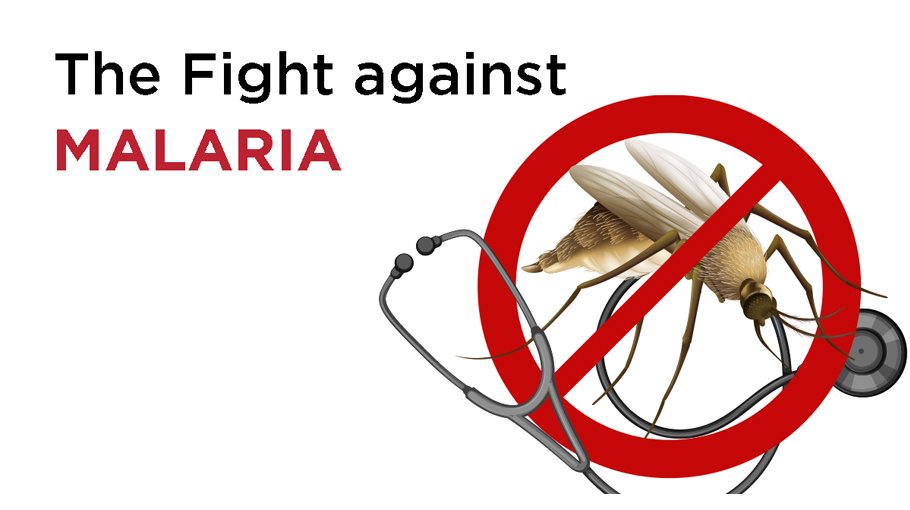The fight against Malaria

The 14th Dalai Lama said, “If you think you are too small to make a difference, you haven’t spent a night with a mosquito”. Malaria, a worldwide endemic illness caused by parasites transmitted to humans by mosquitoes, is still a threat to public health in many parts of Southeast Asian regions, including Bangladesh.
Every year on April 25, World Malaria Day, the global communities reaffirm their commitment to end Malaria which is both treatable and preventable.
Although between 2000 and 2018, focused investment by international and national donors drove the percentage of death down by 60 per cent, the progress against malaria has stalled, threating billions of lives and keeping aside the decades-long costly efforts towards prevention.
Due to service disruptions during the COVID-19, all-inclusively there were a projected 14 million more malaria cases and 47000 more fatalities in 2020 than in 2019 (World Malaria Report, 2021). The report also reflects that of the 31 countries where Bangladesh is included, only 18 countries completed their insecticide-treated mosquito net (ITN) campaigns – a preventive interventions - in 2020 whereas 72 per cent (159 million) of the ITNs from the planned campaigns had been distributed by the end of 2020 .
Bangladesh has the prevalence of severe malaria transmission in 13 of 64 districts, with over 17 million people at risk (some 8 per cent of the total population); and over 90 per cent of cases and 80 per cent of deaths have been reported in Cox’s Bazar and the Chittagong Hill Tract districts (Bandarban, Khagrachhari, and Rangamati).
Most of the reported cases occurred during the high transmission season, from May to October, and are marked by excessive rainfall and high humidity.
The data on the distribution of malaria in Bangladesh is insufficient, which affects the planning and resource allocation for identifying and preventing malaria adversely.
The arrival of COVID–19 had a detrimental influence on the brawl against malaria.
Patients were hesitant to attend healthcare centers during the pandemic hours, therefore the number of consultations decreased. Besides, during this pandemic hours, COVID-19 detained the full attention of the public health system which led to leniency towards the malaria control measures in Bangladesh. Adding more to it, the diagnosis and treatment have also been disrupted by the hazard posed by COVID-19 fore the health workers.
However, with this year’s theme “Harness innovation to lower the malaria disease burden and save lives” , World Malaria Day provides an opportunity to advocate for innovative approaches and more investment in malaria prevention and control.
It is essential to do research to innovate evidence-based measure for high transmission areas to support the National Malaria Elimination Program (NMEP). Besides, Bangladesh faces challenges with geographical inaccessibility, increasing medicine and insecticide resistance in cross-bordering malaria, particularly through the porous borders with both India and Myanmar.
Insecticide resistance diminishes the efficacy of pyrethroids, allowing mosquitos to survive longer, while medication resistance jeopardizes the efficacy of antimalarials; taken together, these factors represent significant barriers to elimination.
On World Malaria Day, together with celebrating the progress Bangladesh made in the combat against malaria, it’s crucial to have concentrated effort to improve the wellbeing of people and contribute to build a future with zero malaria cases and deaths for sustainable development.
Md. Shamim Talukder is CEO, Eminence



